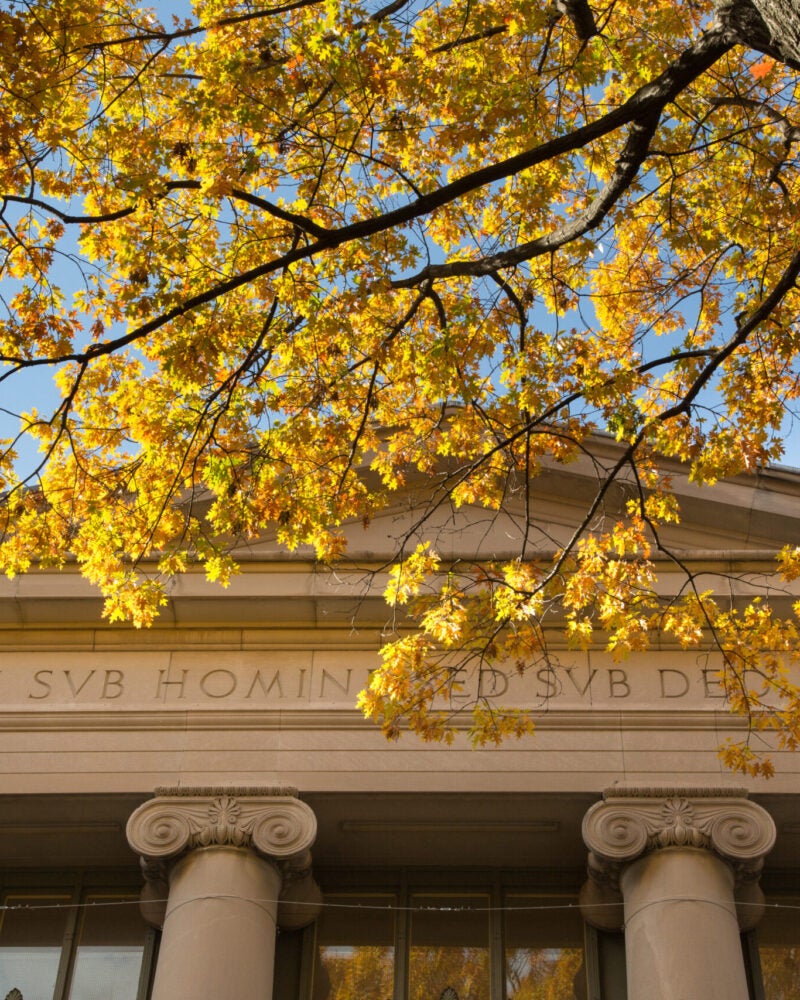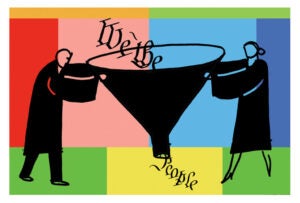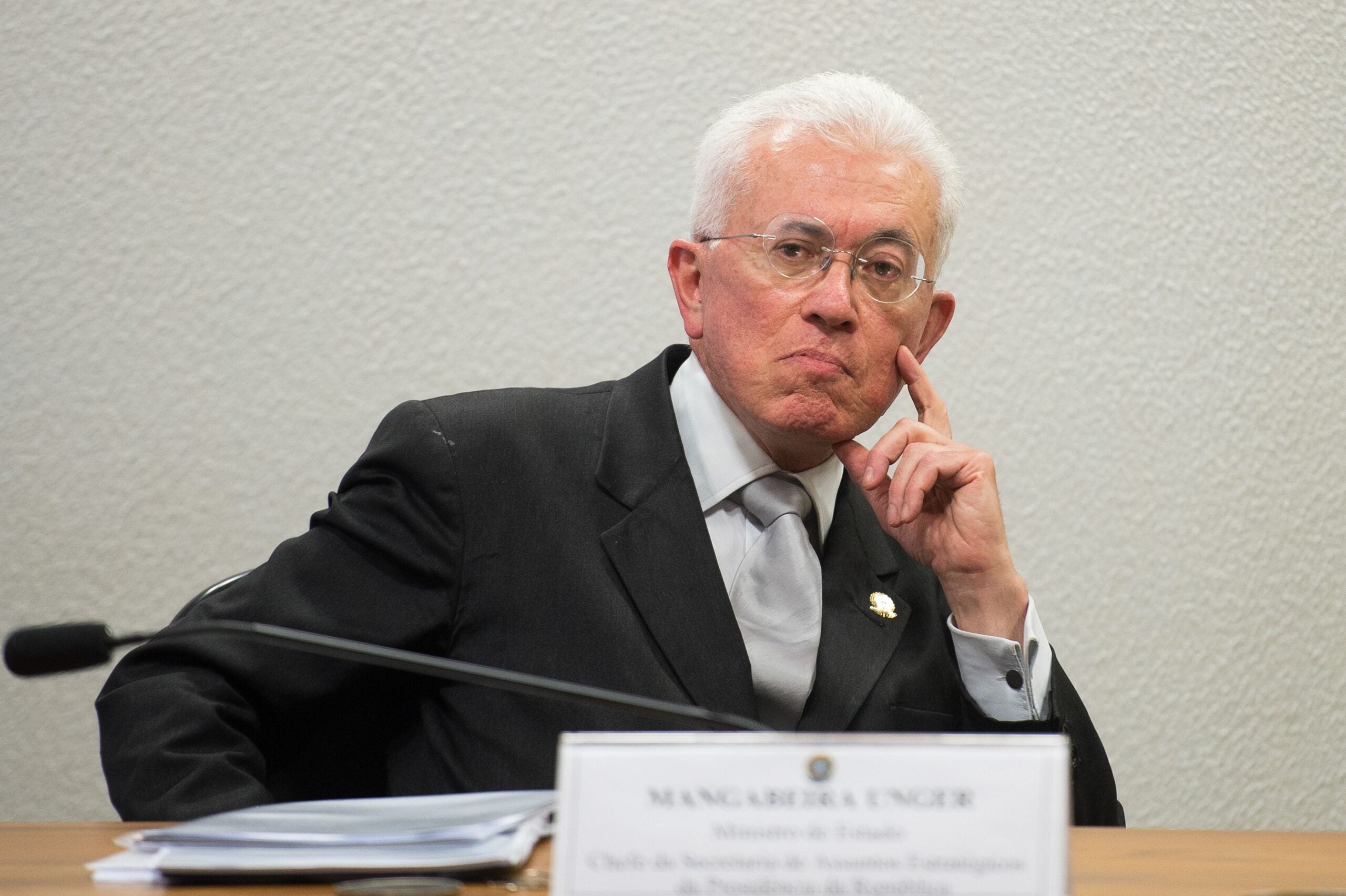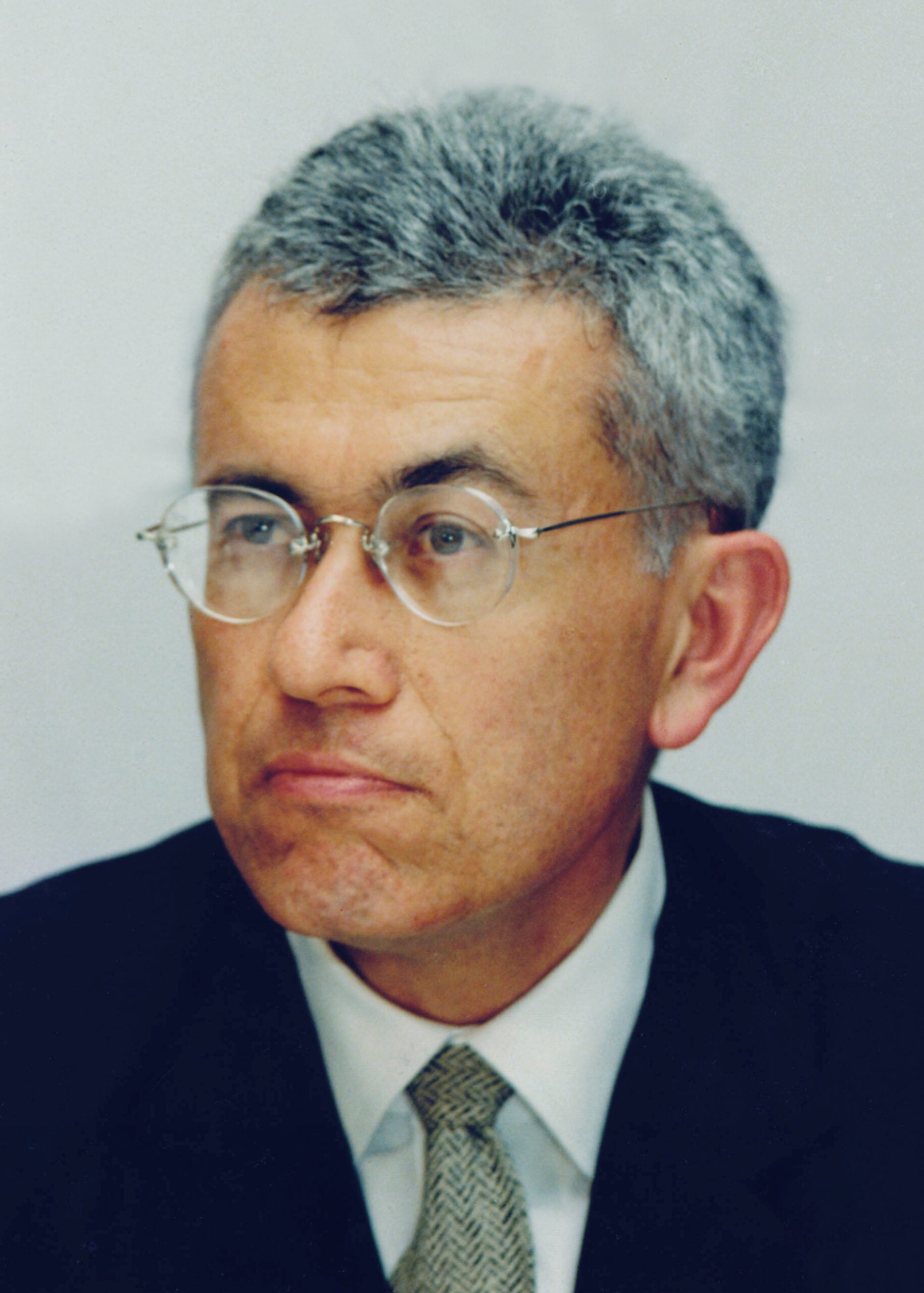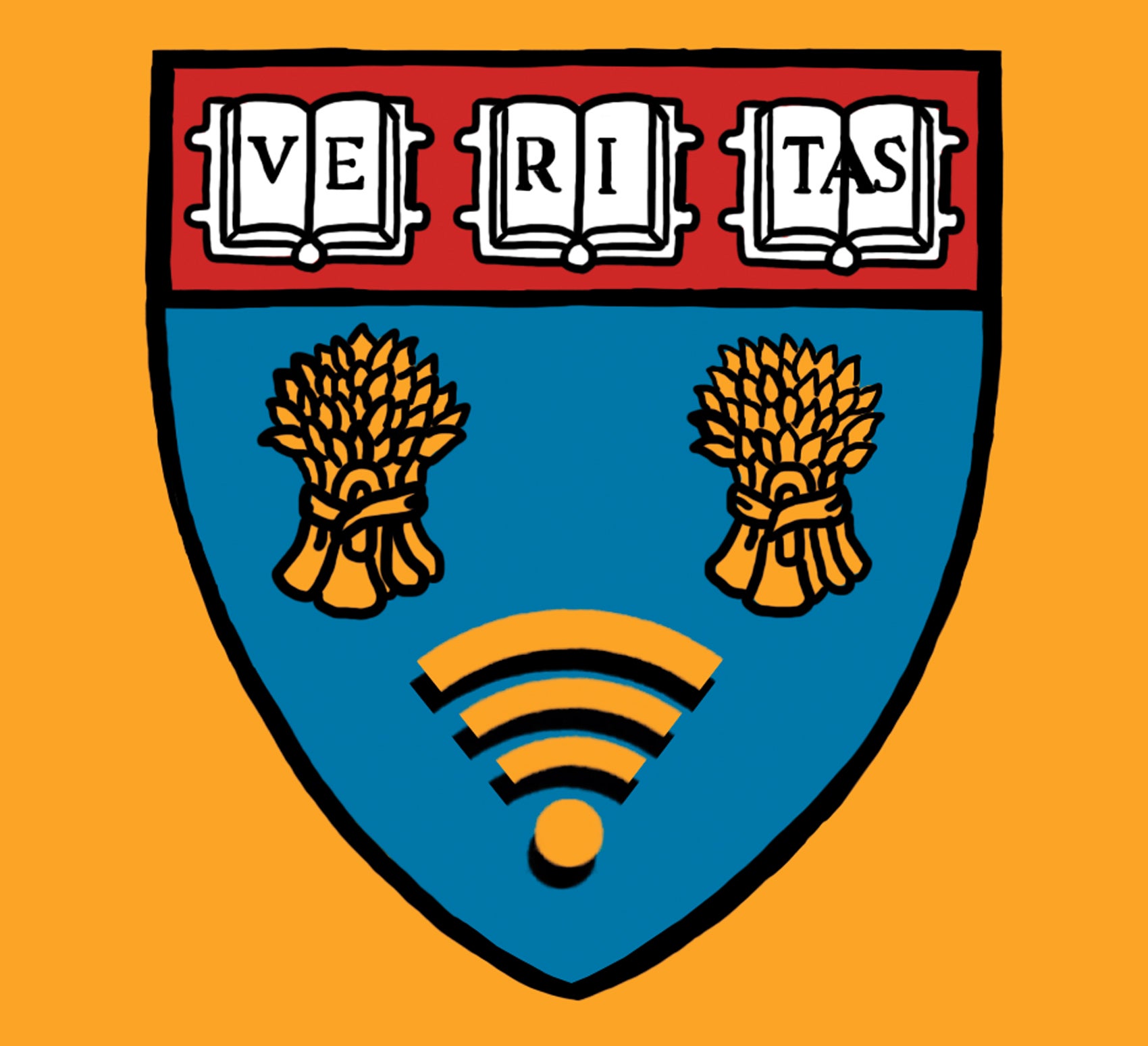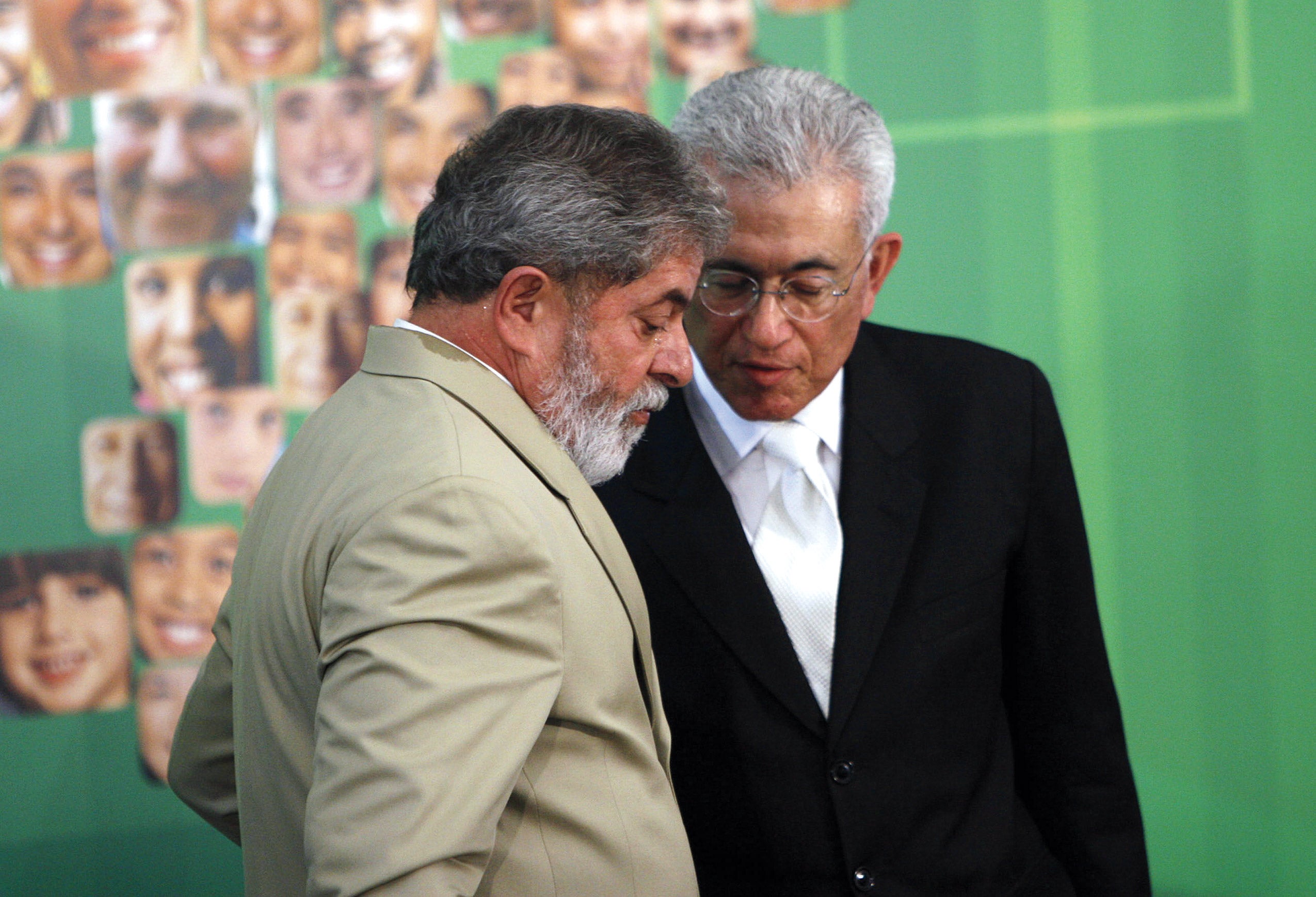People
Roberto Unger
-
What is the way forward for progressives in a time when it seems both centrism and authoritarianism are resurgent? What should be the character and scope of a national program that progressives in and outside the Democratic Party can and should embrace? There are many places to look for answers to these questions, and no doubt the answers will have many inspirations. One of the most incisive articulations of an American progressive alternative is that of Roberto Mangabeira Unger, a Harvard Law professor, philosopher, and former Brazilian politician. He has written over two dozen books addressing an unusual diversity of topics, including critical legal theory—which he helped develop—economics, philosophy, and religion. Given this range, it would be unfair to reduce Unger’s work to one core idea. But perhaps the major theme of his work is summed up in his argument that “society is made and imagined, that it is a human artifact rather than the expression of an underlying natural order.” ...The Nation recently spoke with Unger about his proposal for an alternative progressive track for American politics. Along the way, we discussed racial injustice in the United States, Donald Trump’s election, democratizing new technologies, the future of education, and progressive taxation. Of pressing importance is the topic of structural economic and political change, and in turn, whether Unger’s vision is impractical. This conversation has been edited for clarity and length.
-
South America Is in a Quandary. Just Like the United States.
December 23, 2019
An op-ed by Roberto Unger: South America is falling apart. The popular rebellion in Chile — a country often held up as an example of success predicated on good behavior — is only the most extreme instance of a discontent that is either breaking out or simmering in almost every South American nation. The struggle between the right and the left has intensified. But so far nothing that contributes to socially inclusive economic growth has resulted from these protests. What does it all mean? And how do South America’s troubles mirror the United States’ own?
-
Faculty Books in Brief: Summer 2019
June 19, 2019
A single person cannot change a social norm; it requires a movement from people who disapprove of the norm, writes Sunstein. He explores how those movements, ranging from the fight for LGBTQ rights to white nationalism, take shape and effect change.
-
Harvard Law School Professor Roberto Unger has been elected to the British Academy for the humanities and social sciences in recognition of his work in the fields of social theory, politics and law. Unger was one of 76 distinguished scholars to be elected to the fellowship this year.
-
Post-Democracy in America (audio)
December 16, 2016
...we asked two foreign-born, radical observers of law and civil society – Ugo Mattei and Roberto Unger – to play Tocqueville’s role today...Roberto Unger is the Brazilian professor of law at Harvard University who once served as Obama’s teacher and mentor. Not unlike Cornel West, he later turned against his former pupil, becoming one of the president’s most vociferous critics. Unger identifies himself as a “man of the left” but he also views Trump as the “lesser evil” in this election. He believes that the hypocrisies exposed by Trump’s election will reveal the fundamental weakness of political parties in the U.S. Now, he says, progressives will be forced to return to higher goals: they can no longer be satisfied by minor amendments and material redistribution.
-
Dilma Rousseff adviser charts a path for Brazil
July 1, 2015
The secretariat of strategic affairs in Brasília lies in a nondescript ministry building in the middle of the plano piloto — the aircraft-shaped street layout of Brazil’s modernist capital. The job of its new minister, philosopher and Harvard law professor Roberto Mangabeira Unger, is to chart a long-term development plan for President Dilma Rousseff, whose palace lies a kilometre away in the “cockpit” of the plano piloto. It is not an easy task. Latin America’s largest economy is suffering increased turbulence from the end of the commodities super cycle and a credit-driven consumption boom. Economists forecast the economy will shrink nearly 1.5 per cent this year. Unemployment is increasing fast. “The underlying frailty of the system that we built was its very low productivity,” said Mr Unger, one of Brazil’s best-known academics internationally who won tenure at Harvard Law School aged just 29 in 1976.
-
Working Within the System to Disrupt Brazilian Politics
June 27, 2015
Some Brazilian politicians duck questions about the scope of their aspirations, insisting they have absolutely no plans, say, of running for mayor of São Paulo, seeking a cabinet post or wielding power from some other coveted perch in Brazil’s huge bureaucracy. Then there is Roberto Mangabeira Unger, the Harvard philosopher who once counted Barack Obama among his students. Not given much to small talk, Mr. Unger is known to quote Hegel and Thomas Jefferson in the same breath. He expounds on subjects like the human condition. When an interviewer once asked him if he hoped to become president of Brazil, Mr. Unger said with a laugh, “I was always much more ambitious than that.”
-
Faculty Books In Brief — Spring 2015
May 4, 2015
As far back as Aristotle, people have been touting the benefits of group decision-making. Yet, as Professor Cass R. Sunstein ’78 and and Reid Hastie note in their new book, history suggests that groups are often unwise or downright foolish.
-
How do you solve a problem like low productivity?
March 4, 2015
An op-ed by Chuka Umunna and Roberto Mangabeira Unger. Only by joining inclusion to innovation – and so raising productivity across the economy – can Britain assure its future. This is the vision set out in Labour’s plan for prosperity, published this week. Under the present government, average wages have fallen by £1,600 a year. The fiscal deficit remains stubbornly high at £91bn. These are serious problems in their own right. But the cost-of-living crisis and the persistence of the deficit are also symptoms of a broader failure to raise productivity. In leading sectors such as aerospace, finance, pharmaceuticals and the creative industries, Britain is world class. Across the economy overall, UK output per hour fell to 17 per cent below the rest of the G7 in 2013, the largest gap since 1991. It takes British workers until the end of Friday to produce what a German or American worker have done by Thursday. Building on existing areas of strength, Britain must back sectors where it already enjoys an advantage.
-
Roberto Mangabeira Unger LL.M. ’70 S.J.D. ’76, the Roscoe Pound Professor of Law at Harvard Law School, has been appointed the Minister of Strategic Affairs in Brazil by the country’s president, Dilma Rousseff.
-
The Singular Universe and the Reality of Time by Roberto Mangabeira Unger and Lee Smolin – review
February 6, 2015
In March 1955, about a month before his own death, Albert Einstein sent a letter to the family of his recently deceased friend Michele Besso. “Now he has departed from this strange world a little ahead of me,” he wrote. “That means nothing. People like us, who believe in physics, know that the distinction between past, present and future is only an illusion, however stubbornly persistent.”...Notable among those who disagree is Lee Smolin, from the Perimeter Institute for Theoretical Physics in Canada. Smolin is one of the bad boys of contemporary physics and cosmology; a generator of radical ideas and an iconoclast...And his new book, a broadside against many of the most widely accepted theories in cosmology, is co-written with someone who is even more of a maverick than he is. Roberto Mangabeira Unger is a humanist, a professor at the Harvard Law School.
-
And with this as his starting point, Roberto Unger embarks on an exploration of the processes by which social change and spiritual rebirth could beget a living actualization of individual human divinity. The title of Unger's new book, The Religion of the Future, refers to the theoretical product of a modern spiritual revolution. The goal of this revolution would be to promote a greater life for the ordinary individual. The means by which this revolution would be achieved depends entirely on the important relationship between personal conduct and the structures of society.
-
Recent Faculty Books – Summer 2014
May 15, 2014
In two new books, Professor Cass Sunstein, former administrator of the White House Office of Information and Regulatory Affairs, addresses human behavior and how government should best respond to it.
-
The Minister of Thought
December 1, 2008
Two years ago, HLS Professor Roberto Unger LL.M. ’70 S.J.D. ’76 publicly denounced the government of his native Brazil, calling it “the most corrupt in history.” He also called for the impeachment of its president, Luiz Inácio Lula da Silva, known throughout Brazil as “Lula.”
-
Recent Faculty Books – Summer 2006
July 23, 2006
In “Who Controls the Internet? Illusions of a Borderless World” (Oxford University Press), Professor Jack L. Goldsmith and Tim Wu ’98 describe the Internet’s challenge to government rule in the ’90s and some ensuing battles over Internet freedom around the world.
